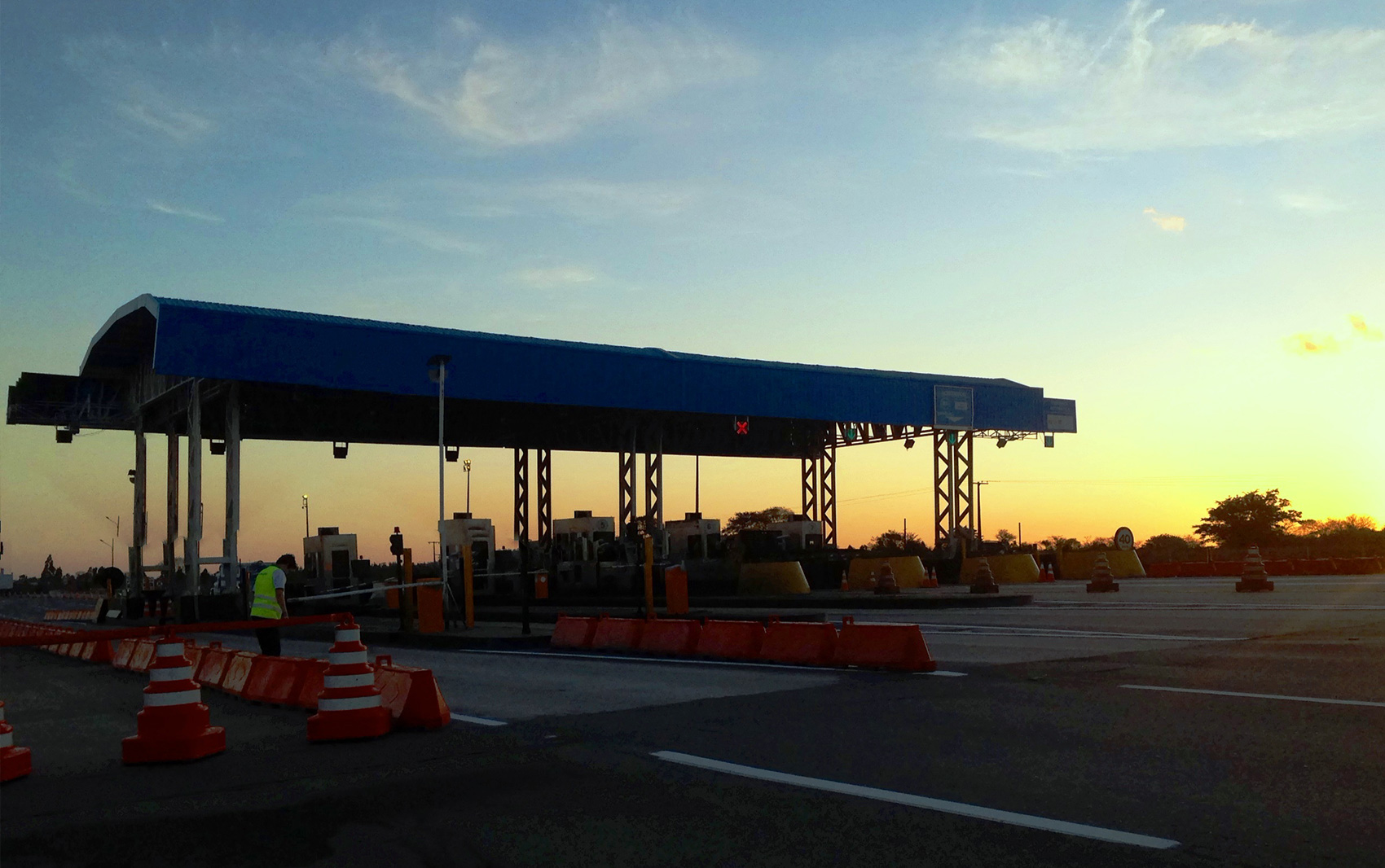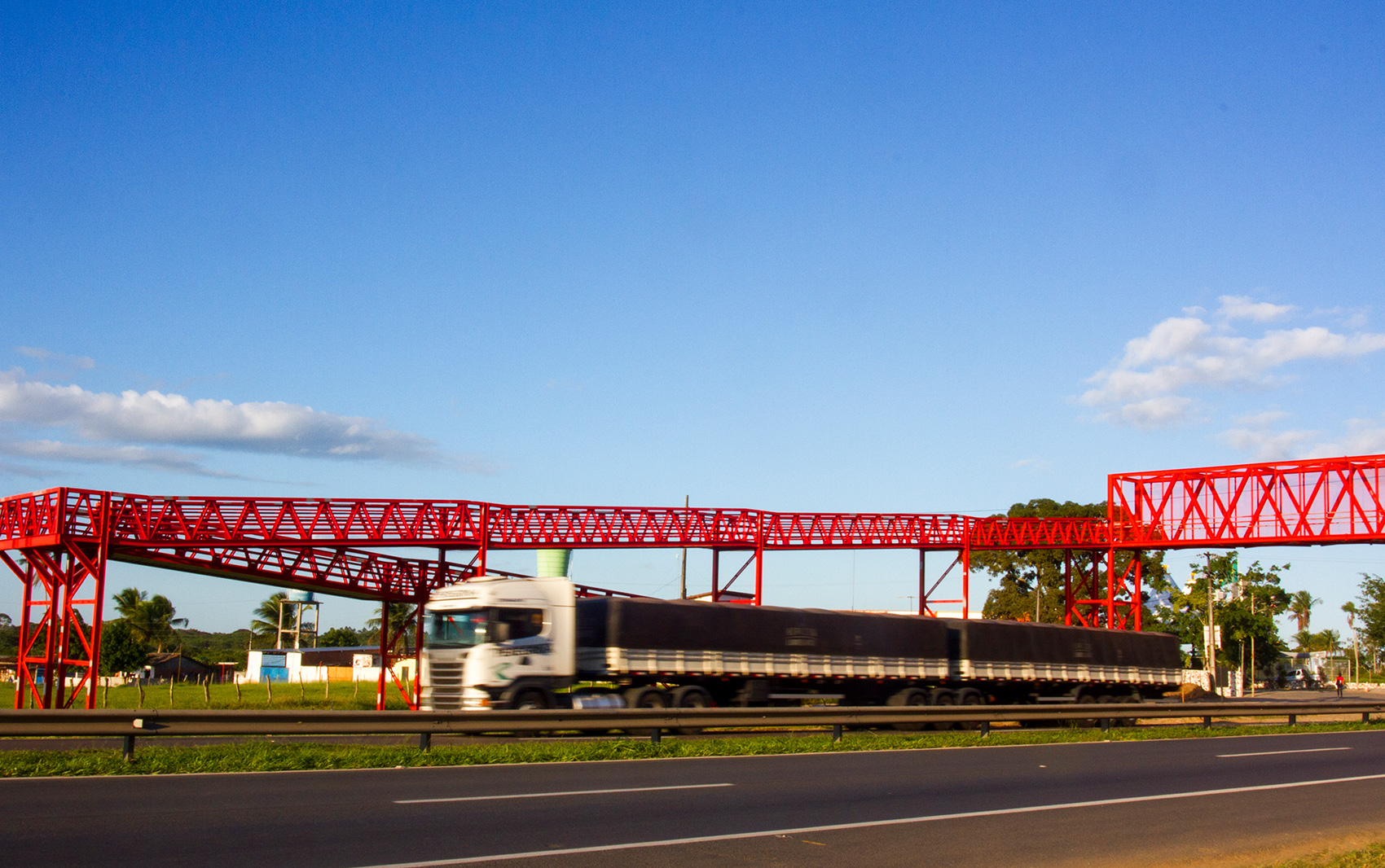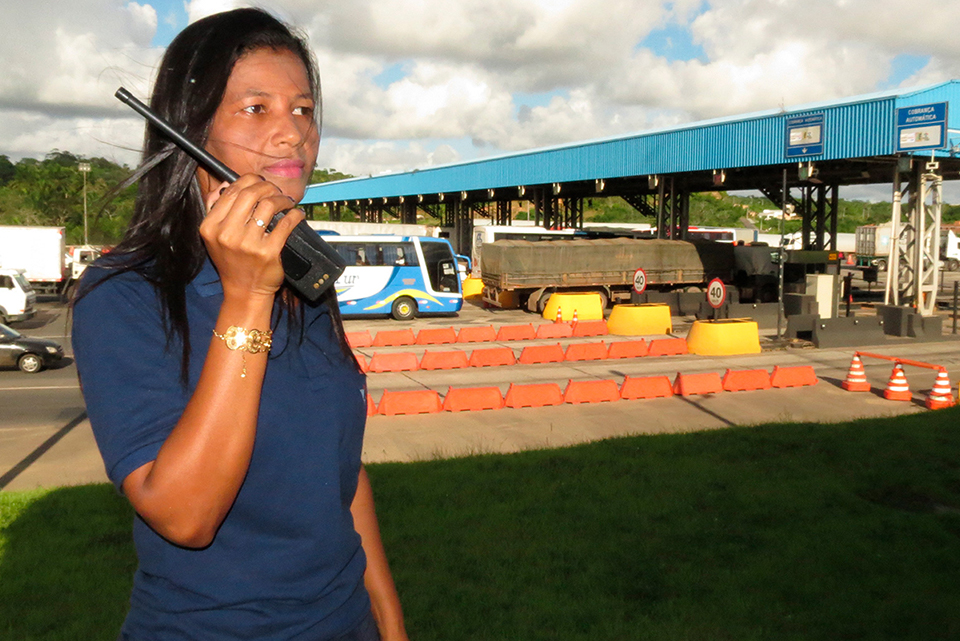The Brazilian road network is the country's primary logistics system; transporting 61.1% of the country's freight. It has a network of 1,563.6 million kilometres of national highways and roads (the fourth biggest in the world). This road network is the primary means of transportation for both freight and passengers.
The toll highway sector in Brazil is made up of 47 private companies in 12 states.
The 47 companies (16 federal concessions, 30 state concessions and 1 municipal concession) manage 15,251 kilometres, which is equivalent to 7.26% of the total paved road network.
The Brazilian Government continues to work to resolve the bottlenecks that affect the sector:
• Resolution 5,860/2019 was passed and published in addition to Law 13,448/2017 which establishes the method to quantify potential compensation if the project decides to return the concession to the grantor.
• Resolution 5,859/2019 was passed and published which establishes the requirement and terms which govern the review of concession contracts in the fifth year.
The traffic index published by ABCR reported an annual increase of 1.1% through to December 2019 - the light vehicles index increased annually by 0.9%, whilst the heavy vehicle index reported an annual increase of 1.7%.
The highway offer pipeline provides for 6 auctions (only at federal level), in addition to the 4 auctions held between the end of 2019 and the beginning of 2020.
















